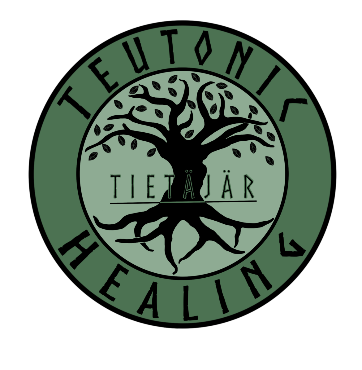One of the biggest hidden issues in resistant weight loss is the effect of fatty liver on metabolism. When the bile gets too viscous (“sticky bile”), it is much more difficult for it to pass through the bile duct and into the duodenum to emulsify the fats in our food. Worse, it can devolve into gall stone formation or gall bladder blockage.
Natural or herbal remedies for these conditions include:
> Milk Thistle (Silybum mananum)- its three flavonoids, known as silymarin, increase bile flow and decrease cholesterol concentration in liver.
> N-Acetyl-L-cysteine- NAC can help protect your liver from its daily exposure to oxidative stress by supporting healthy glutathione levels and protecting liver cells from free radical activity. NAC supports healthy liver enzyme levels; these specialized proteins help speed up chemical reactions, so your liver can do its job efficiently.
> Globe Artichoke (Cynara scolymus)- “The artichoke has a long history of medicinal use. The traditional use of artichoke leaf extract has been substantiated through recent research demonstrating the health benefits of artichokes, including digestive health, blood sugar regulation, cholesterol metabolism, and liver health.”
Artichoke leaves contain phytochemicals helpful to the biliary system:
- Luteolin, an antioxidant that may have protective effects on free radicals.
- Caffeoylquinic acid, another antioxidant that helps form bonds with toxic compounds, thus lowering their toxicity.
- Cynarin, a polyphenolic substance that stimulates bile production, which helps the gut digest fats and absorb vitamins from food.
- Inulin, a sweet-tasting indigestible starchy substance and prebiotic, which means it can increase the number of beneficial microorganisms in the gut.
> Parsley: Apigenin — an antioxidant in parsley — regulates immune function by reducing inflammation and preventing cellular damage ( … May enhance liver health.
> Celery, chicory leaves, and barley grains are valuable in weight loss diets and regulate lipid metabolism. They may reduce risk of fatty liver.
Now, like with a lot of our discussions on possible natural dietary preventives, you might wonder sometimes how to apply them or where to obtain them. Take, for example, artichoke extract. It is available both as a bulk powder, for those who prefer to take supplements by a daily smoothie, or as capsules. Of course, if you have regular access to fresh globe artichoke leaves, so much the better.
In the final item on our list, you might wonder how to combine chickory and celery leaf. Of course, if you raise your own, it’s easy, as celery has lots of very strongly herbal tasting leaves. Many stores stock only the trimmed stalks with few or any leaves. You can, however, buy the celery leaves as used in their other role, as a spice. I have found my local stores, even conventional ones such as Publix and Kroger, often have the less-trimmed celery stalks with lots of leaves in their Organic section. As to adding chicory and barley to it, you can soak whole un “pearled” barley and slow cook it with lots of water, then blend and strain it, making a thicker sort of almost soup stock- it has a very agreeable flavor- and then add in celery and chickory leaves if making a smoothie. There are many herb vendors who sell bulk chicory leaves if you want to make this combination, although just adding celery leaves by themselves to a smoothie will have health promoting benefits for the liver.
Sources and suggested readings:
1 . Prescription for Natural Cures (Third Edition): A Self-Care Guide for Treating Health Problems with | indiecorp | 4.5 · Download to Read Online; Author : James F. Balch Genre : Health & Fitness Summary
- Clarke S, Lund P, Sannasiddappa T. In Vitro Antibacterial Activity of Unconjugated and Conjugated Bile Salts on Staphylococcus aureus. Frontiers in Microbiology. 2017; 8: 1581. PMID: 28878747
3. https://www.healthline.com/nutrition/parsley
5. Wei J, Qiu de K, Ma X. Bile acids and insulin resistance: implications for treating nonalcoholic fatty liver disease. J Dig Dis. 2009 May;10(2):85-90. PMID: 19426389
6. Hylemon PB, Zhou H, Pandak WM, Ren S, Gil G, Dent P. Bile acids as regulatory molecules. J Lipid Res. 2009 Aug;50(8):1509-20. PMID: 19346331
7. Fuchs M. Non-Alcoholic Fatty Liver Disease: The Bile Acid-Activated Farnesoid X Receptor as an Emerging Treatment Target. Journal of Lipids. 2012;2012:934396.
8. Bolkent S, Yanardag R, Ozsoy-Sacan O, Karabulut-Bulan O. Effects of parsley (Petroselinum crispum) on the liver of diabetic rats: a morphological and biochemical study. Phytother Res. 2004 Dec;18(12):996-9. PMID: 15742348
9. Basic report: 11143 Celery, raw. USDA National Nutritional Database for Standard Reference Legacy Release. Link Here
10. Artichoke leaf’s effect on liver health:
